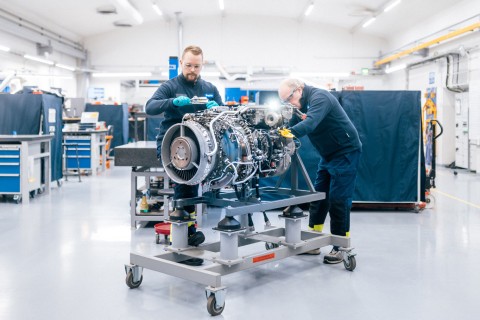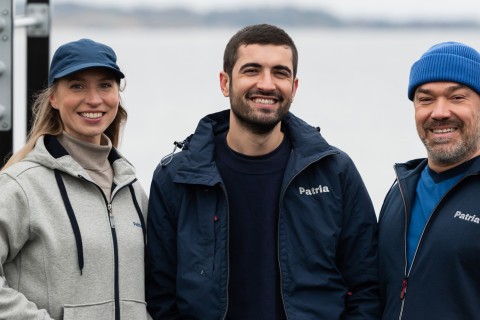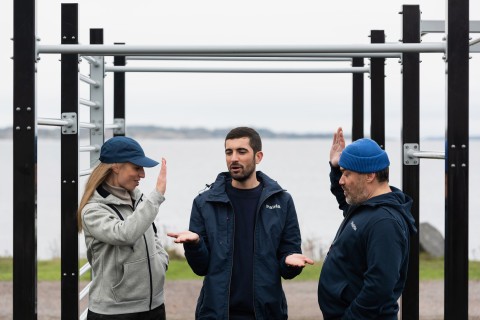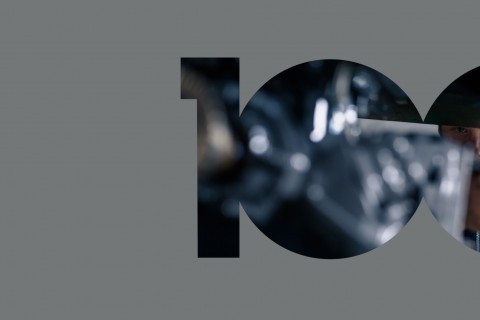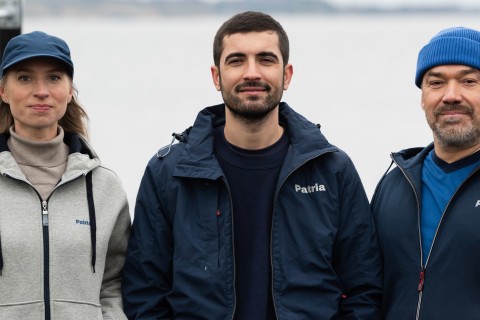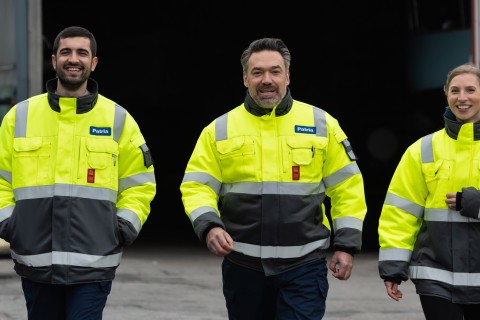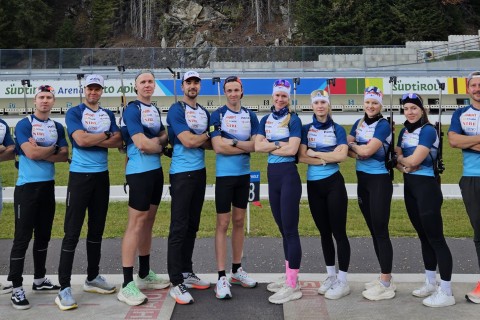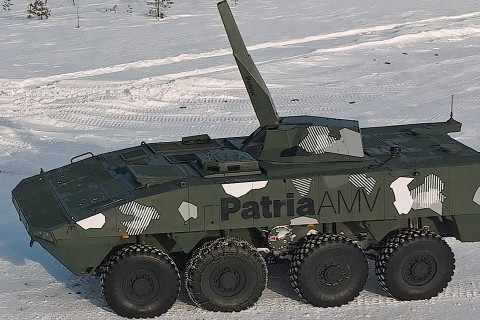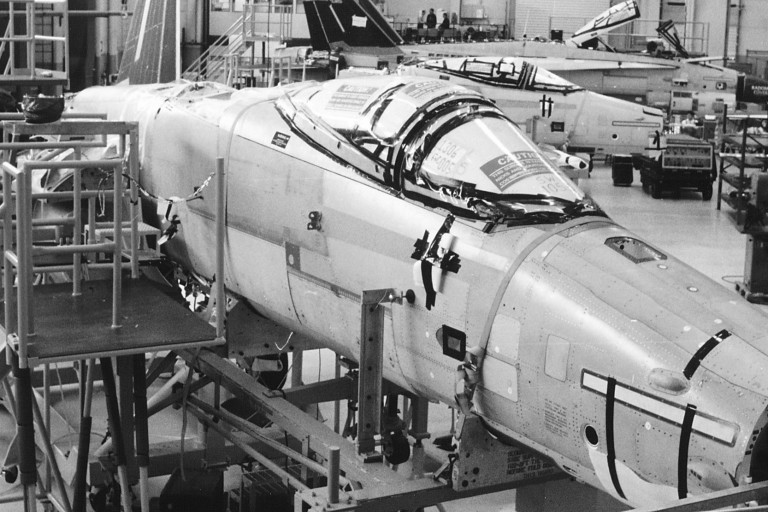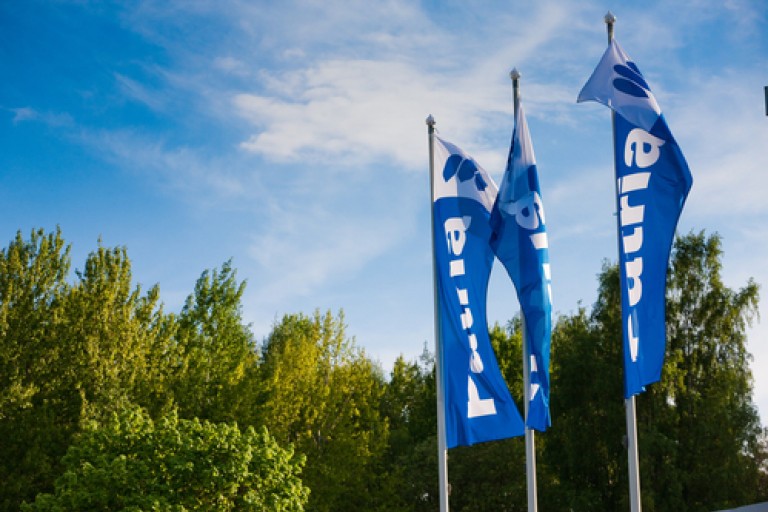
Sustainability
Commitment to anti-bribery and anti-corruption

Patria Group aims to be recognized as an ethical industry leader by upholding strong principles of integrity, transparency, and anti-corruption, ensuring these standards are embraced by all stakeholders.
Its values and ethical principles are expressed in Patria Ethical Code of Conduct, which is publicly available. The Code of Conduct applies to all members of the Patria board, directors, officers, managers, employees, and all temporary and agency personnel across Patria companies. Further guidance is provided through additional specific policies addressing topics such as gifts and hospitality, conflict of interest, and related parties.
Patria enforces a strict zero-toleranc/node/73e policy towards corruption and bribery. The company does not permit unethical or corrupt actions by its board, directors, officers, employees, temporary personnel, or business partners, and takes active measures to prevent such conduct. Patria upholds such high standards in all business dealings, whether with private enterprises, political organizations, public officials, or authorities—in every country where business is conducted. Equivalent standards of ethical behaviour and integrity are expected from all business partners.
The Patria Board of Directors, President & CEO, and senior leadership fully authorize and endorse the company’s commitment to anti-bribery and anti-corruption. This commitment is communicated comprehensively both within the organization and externally by senior management.
Management and reporting to the Board and Audit Committee
Patria Board of Directors and Audit Committee is ultimately responsible for the oversight of the company's anti-bribery and anti-corruption programme and regularly reviews reports on the programme's performance, along with the results of internal and external audits, and ensuring that required changes and corrective actions are made.
Patria's anti-bribery and corruption activities are led by the VP, Head of Compliance who reports to the Chief Legal officer (CLO). r Board of Directors and Audit Committee are regularly informed on issues related to anti-bribery and anti-corruption and Patria Ethics and Compliance program. In addition, the main issues regarding the same are reported by the CLO to the Board of Management of Patria Group. Read more about the management and responsibilities.
Process elements
Prevention – raising awareness through clear policies and training to ensure ethical decision making and ethical business conduct. A risk assessment is performed to identify those roles and functions which are more exposed to scenarios involving specific risks, and those are offered to more in-depth training with practical scenarios and open discussions.
Detection – encouraging people to report any concerns or suspected cases of unethical conduct and offering tools to identify potential issues. A compliance survey is conducted every year among all personnel to monitor internal perception of bribery and compliance risks. Stakeholder feedback can be provided through the whistleblower channel, available at this site.
The Whistleblower channel includes anonymous reporting possibility and is managed by an external channel manager, through a process which aims at avoiding conflict of interest in addressing concerns, and protecting whistleblowers from risk of retaliation, read more about raising concerns.
Investigations and corrective actions – All reports on alleged misconduct are investigated by the external channel manager, in accordance with the Patria whistleblower process. A whistleblower committee involving Patria CLO evaluates the nature and gravity of the reported, alleged or suspected unethical conduct. Depending on the case, the external channel manager conducts appropriate investigations. All the reports, the steps taken to investigate, and the outcome of the investigations are recorded and whistleblowers are informed about the progress, according to national implementations of the EU Whistleblower directive. The results are communicated to the reporter in case the report has not been anonymous. The current whistleblowing system has not allowed communication with anonymous reporters. The reporter is asked to leave contact information in case reporting on investigation is required. A new SpeakUp system is to be taken into use allowing communication with the whistleblowing reporter.
Serious cases of unethical conduct are reported to the Audit Committee, which monitor investigations and corrective actions with appropriate frequency based on case severity. Other (non-serious) concerns/incidents are reported to the Audit Committee regularly in a manner that the privacy regulations are met.
Patria publishes information on whistleblower cases in its Annual Report.
Interaction – collaborate with others in our industry to promote wider adoption of anti-corruption and anti-bribery measures. Patria is a member of TRACE since 2022.
Ethical and compliance requirements concerning collaboration with third parties
Patria's Code of Conduct states that in addition to personnel, the agents, consultants, intermediaries, market representatives, service providers and other business partners that Patria engages with all represent Patria and act for or on behalf of Patria, and they are therefore expected to conduct their business in a way that meets high ethical standards. They are expected to comply with local legislation in all countries in which they operate.
In addition to what is stated in the Patria's Ethical Code of Conduct, Patria has a Business Partner Selection and Due Diligence Process. In this policy, Patria reaffirms its zero tolerance for corruption and bribery. Patria does not accept unethical or corrupt behavior by its directors, managers or employees and expects similar compliance and ethical business conduct from its business partners, such as agents, consultants, intermediaries, service providers and joint venture partners.
A documented screening and Due Diligence process is conducted on any third parties before engaging with those. It focuses on identifying risks related to beneficial owners, questionable business practices, market reputation, negative media coverage, any political associations that may be of concern, regulatory violations and litigation history.
The scope of the Due Diligence depends on a risk-based approach, with higher scrutiny applied for higher risk partners in consideration of the type and profile of Business Partner, type of potential cooperation, scale, geography, Transparency International corruption perception index, planned interaction by the third party with public officials, etc. The Due Diligence considers Patria's exposure to legal, corruption, financial and reputational risks.
Higher risk scenarios are reviewed within a Business Partner Selection Committee.
Guidelines on gifts and hospitality
Patria’s guidelines on gifts and hospitality reflect a strict zero-tolerance policy toward corruption and regulate interactions with third parties. These rules apply to all business-related gifts or hospitality given to or received from customers, partners, or suppliers.
Patria employees and managers must not give or accept undue benefits, gifts, or hospitality that could influence public officials or suggest a business advantage. Patria also expects its business partners to follow similar anti-corruption guidelines.
Patria does not offer, and Patria employees may not accept, any such gifts or hospitality:
- that are not clearly relevant to Patria’s business operations,
- that are repeatedly offered to the same person,
- whose value exceeds the limits specified below,
- which constitute pure entertainment without any significant business-related content, except in the case of a very small-scale public relations event, in which the value of hospitality or benefit is low,
- that consist of cash or the equivalent, such as gift cards or vouchers,
- in situations in which it could faultily appear as an attempt to influence a person’s activities or to gain unjustified benefits or favours in return,
- that may violate local laws, or
- that are offered even when it is known that the recipient may not accept such gifts or hospitality.
Euro-denominated maximum limits applied by Patria are100€ for gifts and 200€ for hospitality. The number of gifts or hospitality repeatedly extended to the same person has been restricted to four times a year. Gifts and hospitality, the value of which exceeds these amounts, must be reviewed and approved by the Compliance department. Such reviews are documented in a specific register.
Patria's marketing efforts are often targeted at public procurement involved authorities and users who are related to the national defence forces. Patria has a special responsibility to guarantee an appropriate conduct in all its operations and marketing in order to avoid any suspicion of using inappropriate means in its business operations and relationships with public officials. The gifts and hospitality offered to public officials must always be considered with due diligence. The gifts and hospitality that could affect the actions of a public official may not be given, offered or promised. In the case of gifts/gratuities and public relations activities with parties in the United States, the Compliance Department must be consulted in advance due to the special provisions that are in force.
Special guidelines for US Government employees and US Government contractor employees
For US Government employees and US Government contractor employees are applied specific US regulations. The circumstances under which gifts/gratuities or paid travel expenses may be offered to or received are strictly limited. In the case of gifts/gratuities and public relations activities with parties in the United States (except as outlined below), the Compliance Department must be consulted in advance due to the special provisions that are in force.
Approved examples of permissible gifts and gratuities include:
- Modest items of food and refreshments offered other than as part of a meal;
- Greeting cards and items with little intrinsic value, such as plaques, certificates, and trophies, which are intended solely for presentation;
- Opportunities, benefits, rewards, and prizes that are available to the general public;
- Gifts and/or gratuities with a market value of $20 USD or less, provided the aggregate market value of individual gifts provided to the same Government Employee or Government Contractor Employee does not exceed $50 USD in any calendar year;
- Free admission to widely attended gatherings;
- Awards for achievement or public service; and
- Other gifts and/or gratuities specifically authorized by statute or regulation.
Under no circumstances may Patria personnel give, offer, or promise any gift or gratuity, regardless of type or value, for the purpose of influencing or rewarding an official act by a Government Employee or for the purpose of obtaining favourable treatment by a Government Contractor Employee in connection with a government prime contract or subcontract.

